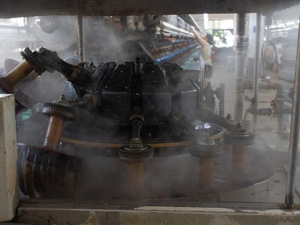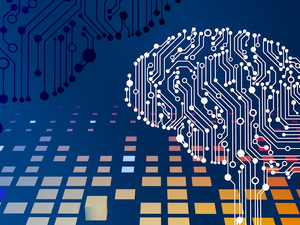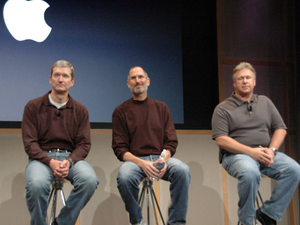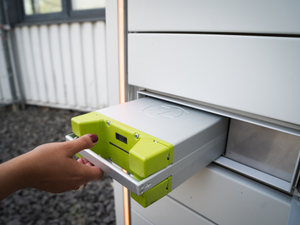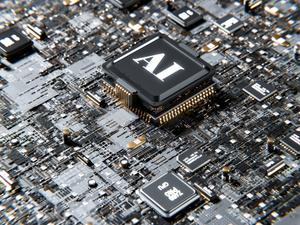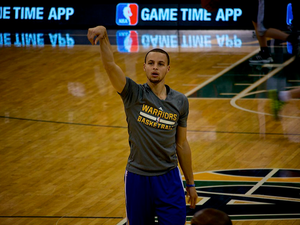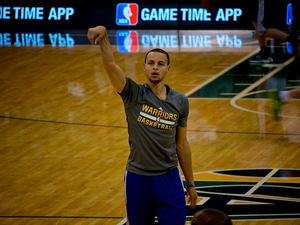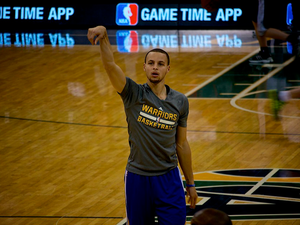Google's New Robot Models: Are They Our Future Helpers or Future Threats?
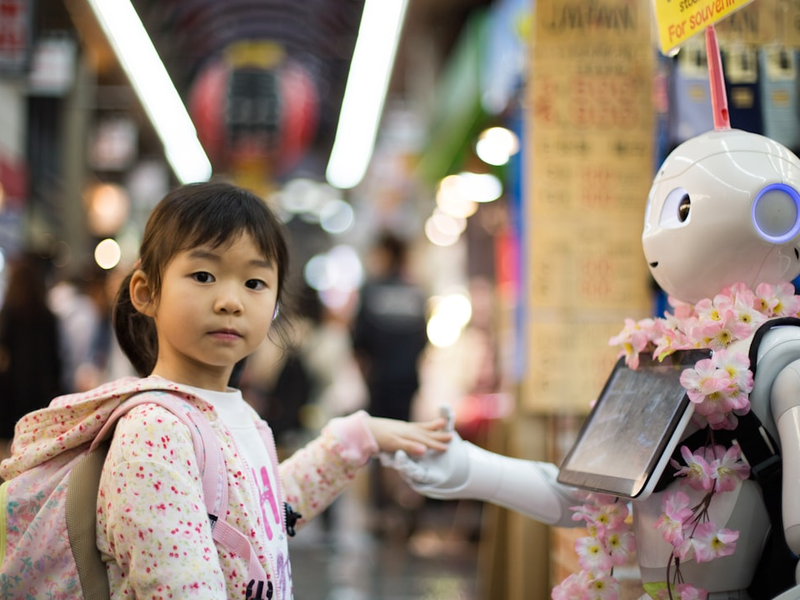
Photo by Andy Kelly on Unsplash
In the fantastical world of sci-fi, AI brings us brilliant assistants and despicable villains alike. But let’s be real: for ages, the best we’ve got is chatbots stuck in our screens. Guess who’s ready to shake things up in the physical realm? Google DeepMind’s Gemini!
The tech giant just unveiled its new AI model, Gemini Robotics, showcasing bots that can do more than occupy their digital spaces. Say goodbye to couch-potato AI! Now, robot arms are doing everything from folding paper to serving veggies, all while obeying your whims like an overworked intern.
Using advanced language skills and spatial awareness, these nifty little helpers are learning to grasp the world around them. Kanishka Rao, a robotics researcher at Google DeepMind, is boasting that they’ve given these bots a “world-understanding” upgrade. Which means they’re not just repeating commands, they’re comprehending them!
But what’s a tech demo without some drama? Google also rolled out Gemini Robotics-ER (the ER stands for embodied reasoning, cue the eye roll). This encourages other researchers to train their own robotic models. Yeah, fellow scientists, get your robot construction teams ready!
So what’s the catch? Despite the tech breakthroughs making it seem like robots could soon replace confused humans at Trader Joe’s, big hurdles remain. Gathering real-world data for training these bots is a hefty task, making the chatbots we’re familiar with look like child’s play. Researchers are hopeful about blending large language models, those sassy chatbots we love, into robotics to create smarter, more responsive machines. Fingers crossed!
Still, some eyebrows are being raised over the implications of AI doing physical tasks. Remember when robots were just our lovable Roomba vacuumers? Now, we have AI that can potentially misinterpret commands. Google has developed ASIMOV, a benchmark that tests robots with real-world scenarios, think of it as robot training wheels to avoid any rogue “Halt! Deliver pizza!” situations.
So, what’s next? We’re barely scratching the surface about how AI can act in the real world. Will Google’s advancements lead to our future besties? Or are we just setting ourselves up for a very awkward showdown with some overzealous robot? It’s still early days, and for now, the robots aren’t coming for us yet, thankfully, since we still have to figure out what to do with our own lives.
AUTHOR: rjv
SOURCE: Wired
